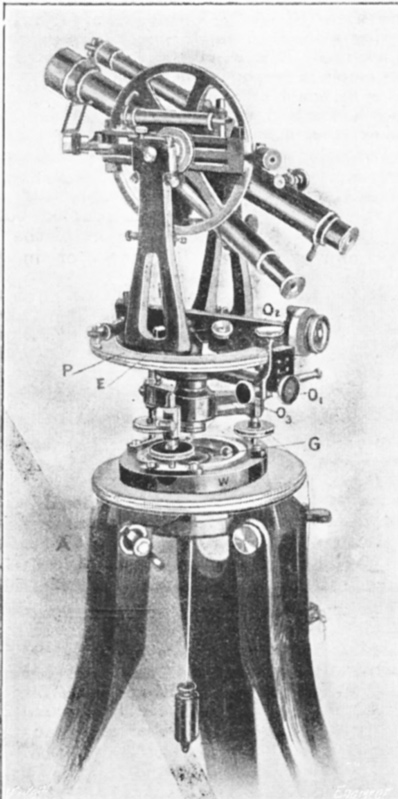Georgetown, DC Louis-André Pichon issues Meriwether Lewis a French passport, and Isaac Briggs informs Thomas Jefferson of the requirement to keep accurate time to determine longitude.
Lewis’s French Passport
The Commissioner General of Trade Relations chargé d’affaires of the French Republic, undersigned, requests all those to whom this present shall be delivered, officials of the government of the French Republic, captains and commanders of vessels or land forces of the Republic, and moreover all the French Citizens, to give protection and aid to the bearer, Captain Merriwether Lewis, Citizen of the United States, who, by authority of the President of the said United States, is setting out on a voyage of discovery with the purpose of exploring the Missouri river and the western regions of the Northern Continent. The undersigned certifies that Captain Merriwether Lewis has no purpose other than the above, that he carries with him only the goods and merchandise fitting to make him well received by the Indians, and his voyage being of a purely scientific nature, and in its end of equal interest to all the civilized world, the undersigned repeats the invitation to all those who may be requested to give him aid and assistance, likewise his travelling companions who are in number [blank]. Given at Georgetown near the town of Washington, 10 Ventose year 11 [1 March 1803] and sealed with the seal of the legation. L. A. PICHON
Brigg’s Theolodite
Sharon, near Brookeville, Maryland,
1st. of the 3rd. Month 1803.Respected Friend,
Agreeably to my promise, I have investigated thy Problem for finding the longitude by lunar observation. In reducing the operation to a practical formula, in every modification which I have been able to give it, a knowledge of the time of observation appears essential.
In the course of my attention to this subject a very simple method of finding the longitude has occurred to me. It requires no instruments but a good watch giving seconds, and a Portable Transit such as our friend Andrew Ellicott can easily furnish.
[Unsigned][1]Isaac Briggs to Thomas Jefferson, Founders Online, National Archives, founders.archives.gov/documents/Jefferson/01-39-02-0513 accessed 12 May 2022. [Original source: The Papers of Thomas Jefferson, … Continue reading
Briggs’ proposal to use a theolodite on a transit is known today as the theolodite transit, and remains a common tool of surveyors today. Elliott discouraged its use on the expedition due to its fragile nature (see May 16 1803). Briggs did not find a solution for determining longitude without a chronometer until mid-1805, too late for the Lewis and Clark Expedition.
Notes
| ↑1 | Isaac Briggs to Thomas Jefferson, Founders Online, National Archives, founders.archives.gov/documents/Jefferson/01-39-02-0513 accessed 12 May 2022. [Original source: The Papers of Thomas Jefferson, vol. 39, 13 November 1802–3 March 1803, ed. Barbara B. Oberg. Princeton: Princeton University Press, 2012, pp. 606–608.] |
|---|

